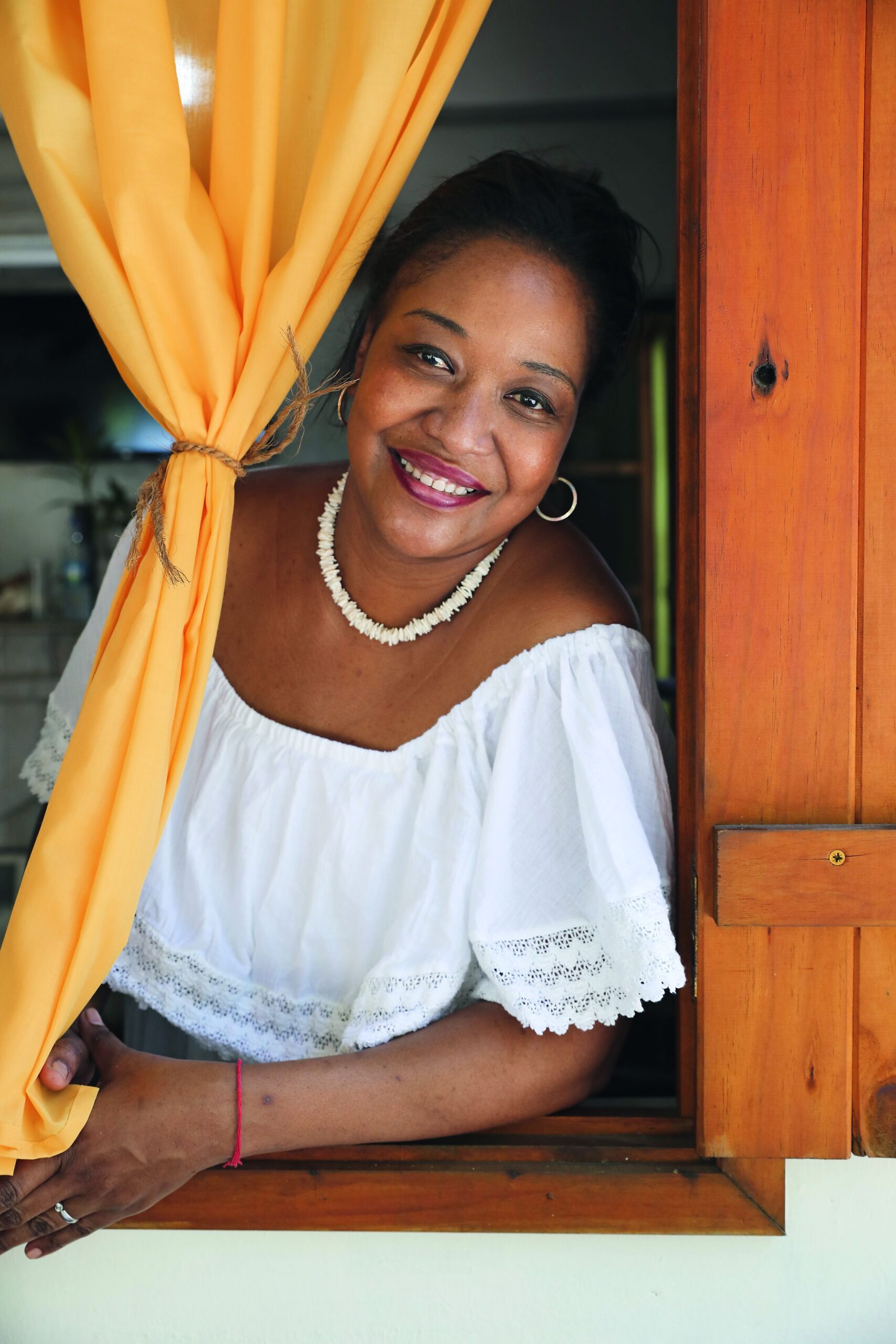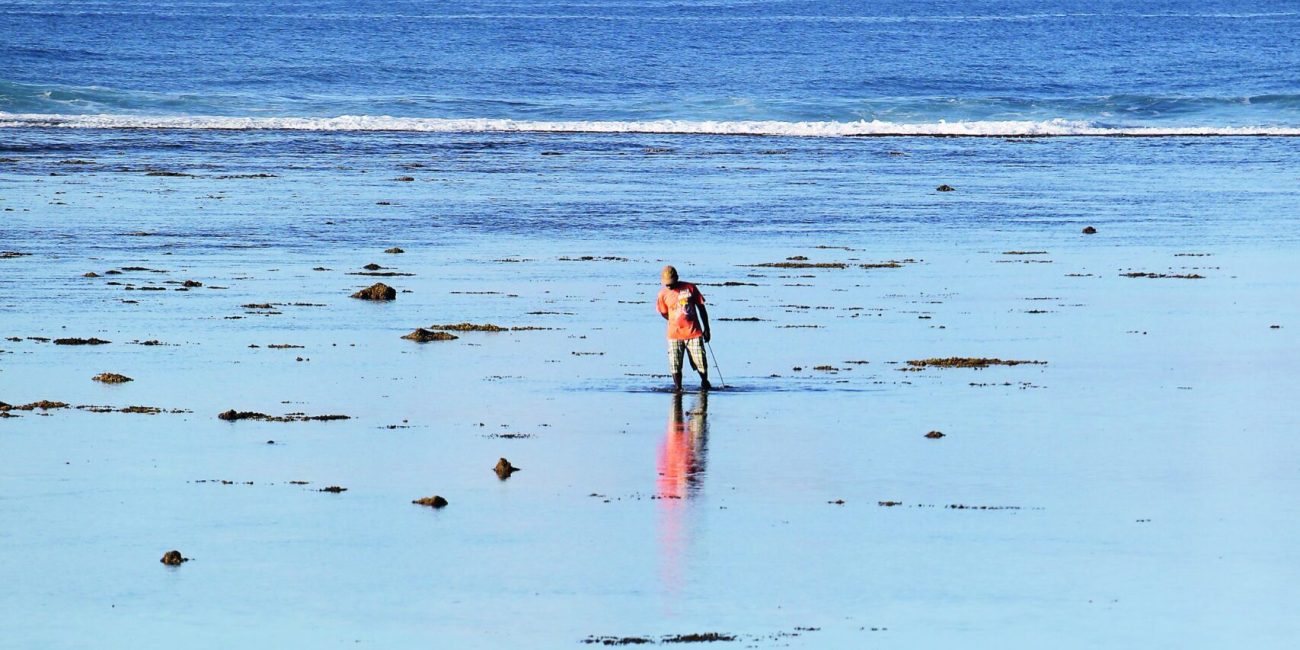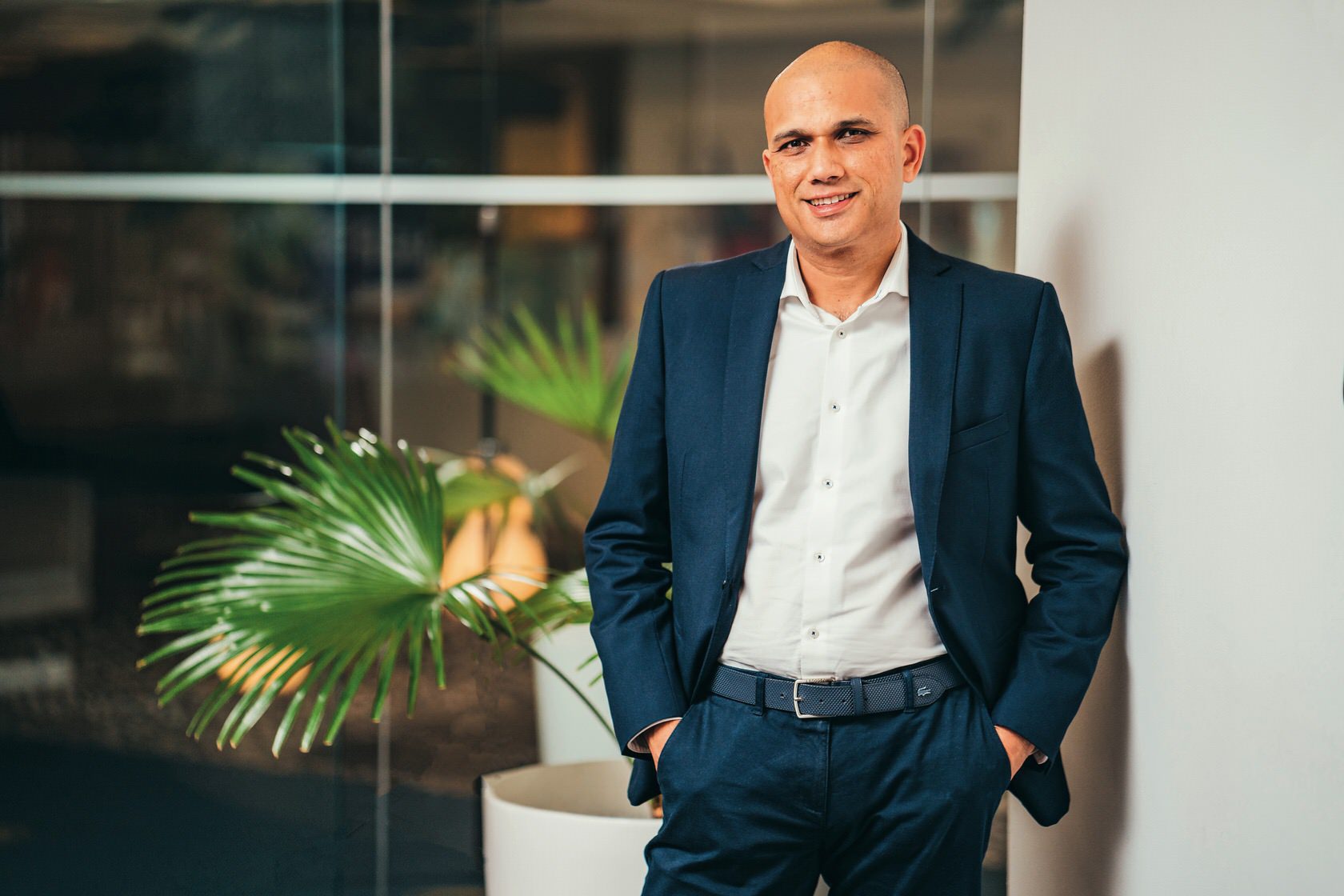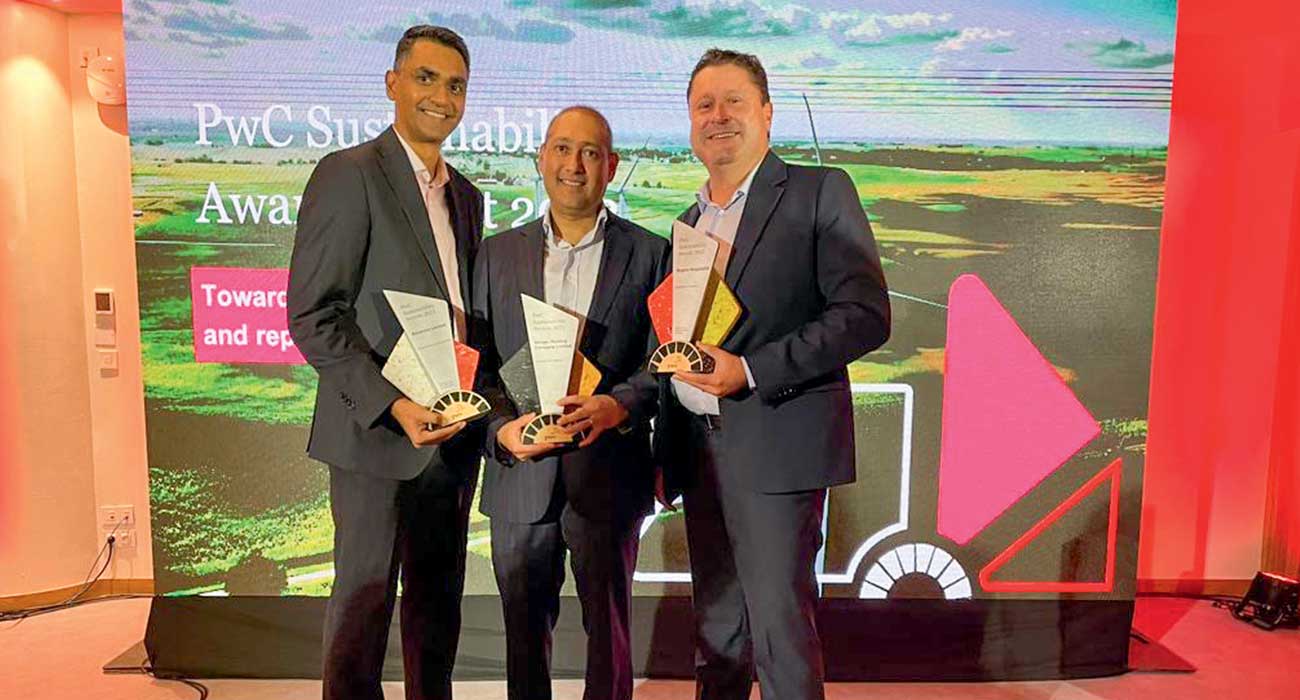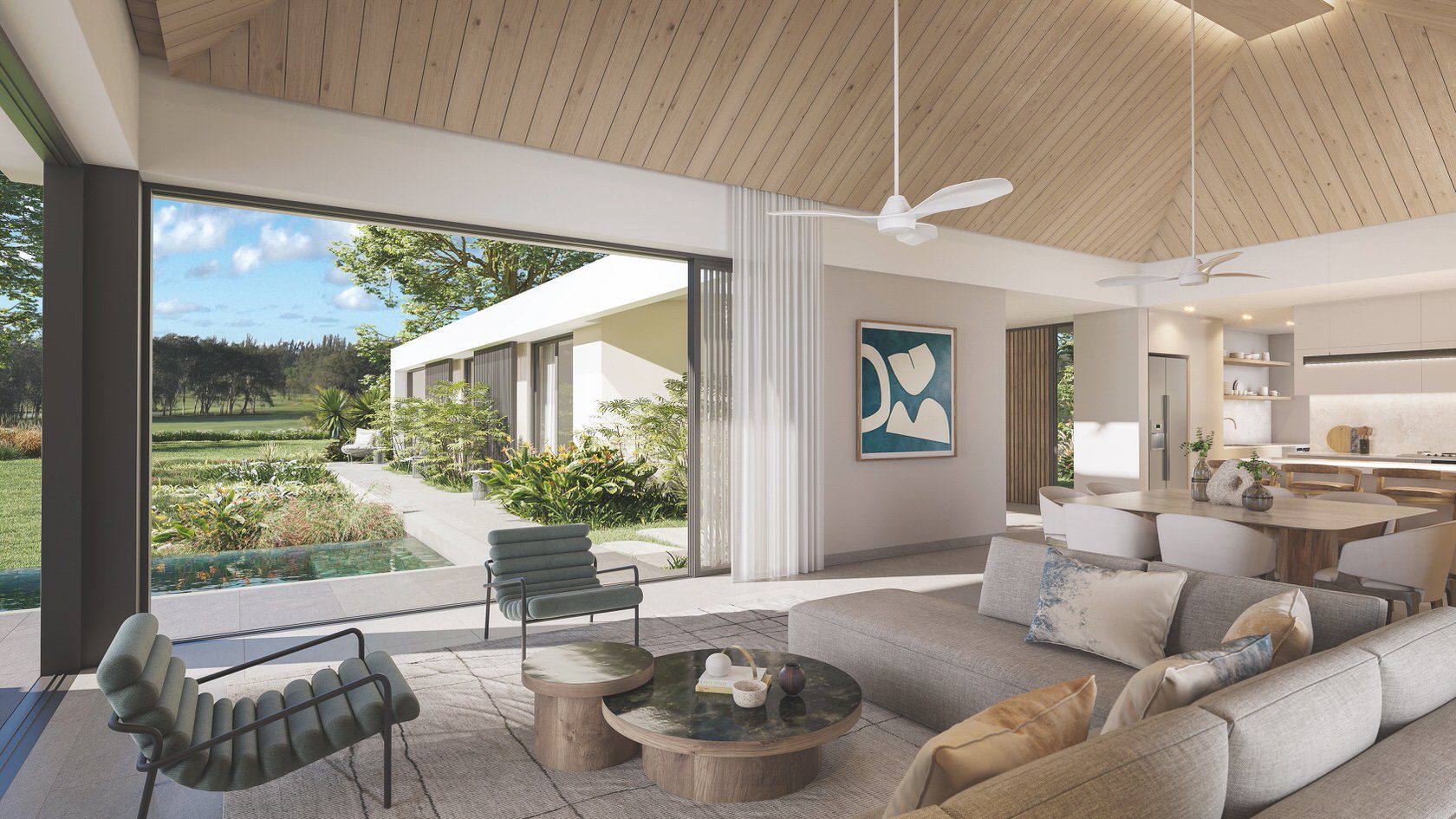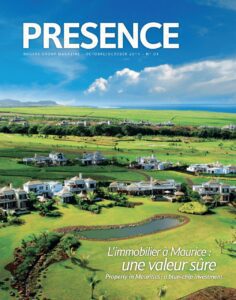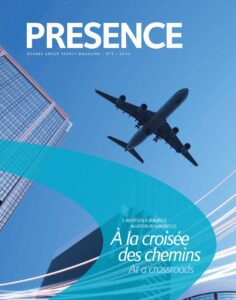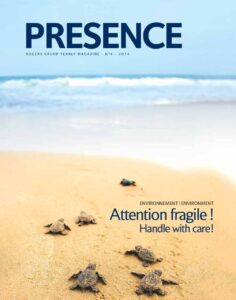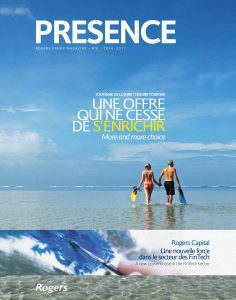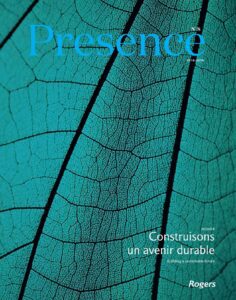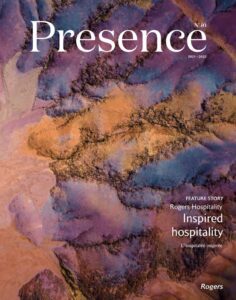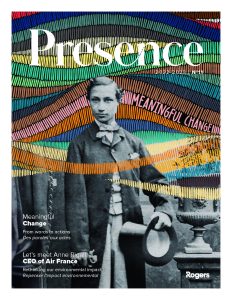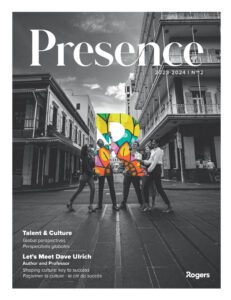The country’s economy is undergoing a transition phase, which implies restructuring its founding pillars, including the sugar industry. As a result, unemployment and poverty rates have increased, but public and private sectors aim to overcome this thanks to tourism and the Integrated Resort Scheme (IRS). Our focus moves to Compagnie Sucrière de Bel Ombre (CSBO), a former sugar mill in Bel Ombre, and the socio-economic impact of its new activities.
Photos. Sophie Montocchio
Up until 1999, the main activities of the Bel Ombre area were cane cultivation and sugar refining through CSBO. The company stopped its sugar refining activities in June 1999 and thereafter the harvested sugarcane was sent to three factories located in other regions of the island. In turn, CSBO redirected its activities towards more promising sectors such as tourism, leisure and real-estate development.
In 2003, the first touristic project was launched, which included the construction of hotels, a golf course and the IRS (Integrated Resort Scheme) villas. In 2006, three hotels (Le Telfair, Heritage Awali and Mövenpick) as well as the golf course were inaugurated, while other sites were targeted for future developments.
But while CSBO was undergoing transformation, the Bel Ombre community, previously cradled by the sugar industry, was inversely affected. This brought about a decade-long socio-economic transition, challenging the regional community and economic players to fully invest themselves.
Bel Ombre Foundation for Empowerment
It should be known that the law that governs the development of IRS villas proposes a contribution of Rs 200,000 for each sold villa, in an effort to encourage the development of the country and the zones in which they are established. That’s why in November 2006 CSBO enlisted sociologist Malenn Oodiah to study the impact of all the developments that have took place in Bel Ombre region since 1999.
The study also aimed to define the socio-economic and cultural profile of the regional inhabitants as well as their living conditions, their needs and their social integration. It revealed that the inhabitants were poorly equipped to fully benefit from the opportunities created around them: with a high rate of illiteracy and unemployment. The transition of the local economy from agriculture to tourism therefore required a change of lifestyle, but also the development of new skills and qualifications.
BOFE sees the light of day
The Bel Ombre Social Development Plan (BOSDP) encourages regional economic players to support the population in its adaptation to this new culture and this new way of life, through four key principles: integrated development, sustainable development, social integration and social development. In the same light, the Bel Ombre Foundation for Empowerment (BOFE) was created in 2008 to support the local community.
The targeted area of the BOFE includes Baie du Cap, Saint Martin, Bel Ombre and Rivière des Galets. The foundation has a long-term vision that exceeds the mandatory contributions according to regulations of the IRS programme. Their vision is to bring the region to the next level of economic development.
Education, training and social integration
A lot has already been done by the BOFE, as shown in the foundation’s business review (2008 -2011). In the education sector, the foundation supported a Baie du Cap nursery, contributed to the set-up of the Maison Familiale Rurale (MFR) of Savanne and financed scholarships, among others.
On the training side, the foundation offered, in partnership with Caritas, a Life Skills Management program, as well as a literacy program. They also put in place initiatives that aimed to improve the quality of the local taxi service as well as a table d’hôte service with help from six talented cooks trained by the BOFE.
As for social integration, BOFE set up a listening service, organised several events to promote awareness of different health issues, started a children’s cycling school in Bel Ombre, organised holiday camps, and the François Mitterrand academy even offered music classes.
Rogers Foundation Takes Up The Torch
Since 2016, Rogers Foundation has taken responsibility for the advancement of these efforts, under the leadership of Audrey d’Hotman de Villiers-Desjardins, CSR & Sustainability Manager. ‘The area and its inhabitants have potential, but this transition will take time because one does not simply go from a life evolving around the activities of a sugar factory to tourism all of a sudden,” she explains. The foundation hopes to create and watch this potential flourish, by continuing the work BOFE started and taking on new initiatives.
Recently, a new awakening centre was opened in Bel Ombre, with the help of local key players including Heritage Villas Valriche who financed the operating costs. Last May, Heritage Villas Valriche also organised a Trade forum, with the economic partners of the area, to support the socio-economic and professional development of Bel Ombre inhabitants.
Other notable initiatives include the Lovebridge project, which fights against extreme poverty in Mauritius, and was implemented to accompany the social integration of families in the long-term. Holiday camps, initiated by the BOFE, were organised for children; a Rugby team was created with the support of Rogers Foundation; training courses were organised notably for local women, allowing them to thereafter secure a job as a Villa Butler.
A new report commissioned
A new report, published in 2017, indicates that since the start of the real-estate developments in Bel Ombre, the area has presented, on various levels, infrastructural and socio-economic benefits. However, the Relative Development Index (RDI) shows that Baie du Cap and Rivière des Galets are lagging behind compared to other areas of Mauritius.
While the population recognises the positive impacts of this development, they share their disappointment regarding the recruitment of workers coming from outside the area, which occurred mostly at the beginning of the transition. Nowadays, various economic operators employ approximately 17.7% of the working population of Bel Ombre.
Poverty-related challenges still affect many families in Baie du Cap, Bel Ombre, St Martin and Rivière des Galets. The main cause for this is unemployment. Nevertheless the training of the unemployed remains a major challenge as many participants drop out of classes. On the bright side, there are examples of entrepreneurial successes in the area, testifying of the population’s potential.
Meeting the actual needs of the population
With this information, the Bel Ombre Social Development Plan can be readjusted to meet the actual needs of the population. There are plans to appoint a Social Implementer, who will be responsible for establishing new social development strategies, while collaborating closely with the local population and other concerned parties.
Empowering the inhabitants is another priority so that they can become aware of their capacity to get things done. Therefore, the implementation of a Community Development Strategy gives power to leaders who can then act in favour of their peers.
With employment being the principal need for the local population, training, coaching and social support is essential. The mentoring by their line manager at work can help fight against job abandonment. Based on the analysis of the needs and local talents, entrepreneurship can also be encouraged.
Tony Wong Ah Sui, director of Keats College, Chemin Grenier
“Born in the South, I am active in the educational field since the nineties. The touristic development of Bel Ombre will have an impact on the population but that will take some time. Several factors slow down this economic and social development, in particular the lack of qualifications of the inhabitants, the lack of infrastructure but also the family status of some households in which the children are locked up. Hotels have a role to play, in collaboration with the stakeholders of the area, such as the schools which have a positive influence on young people.”
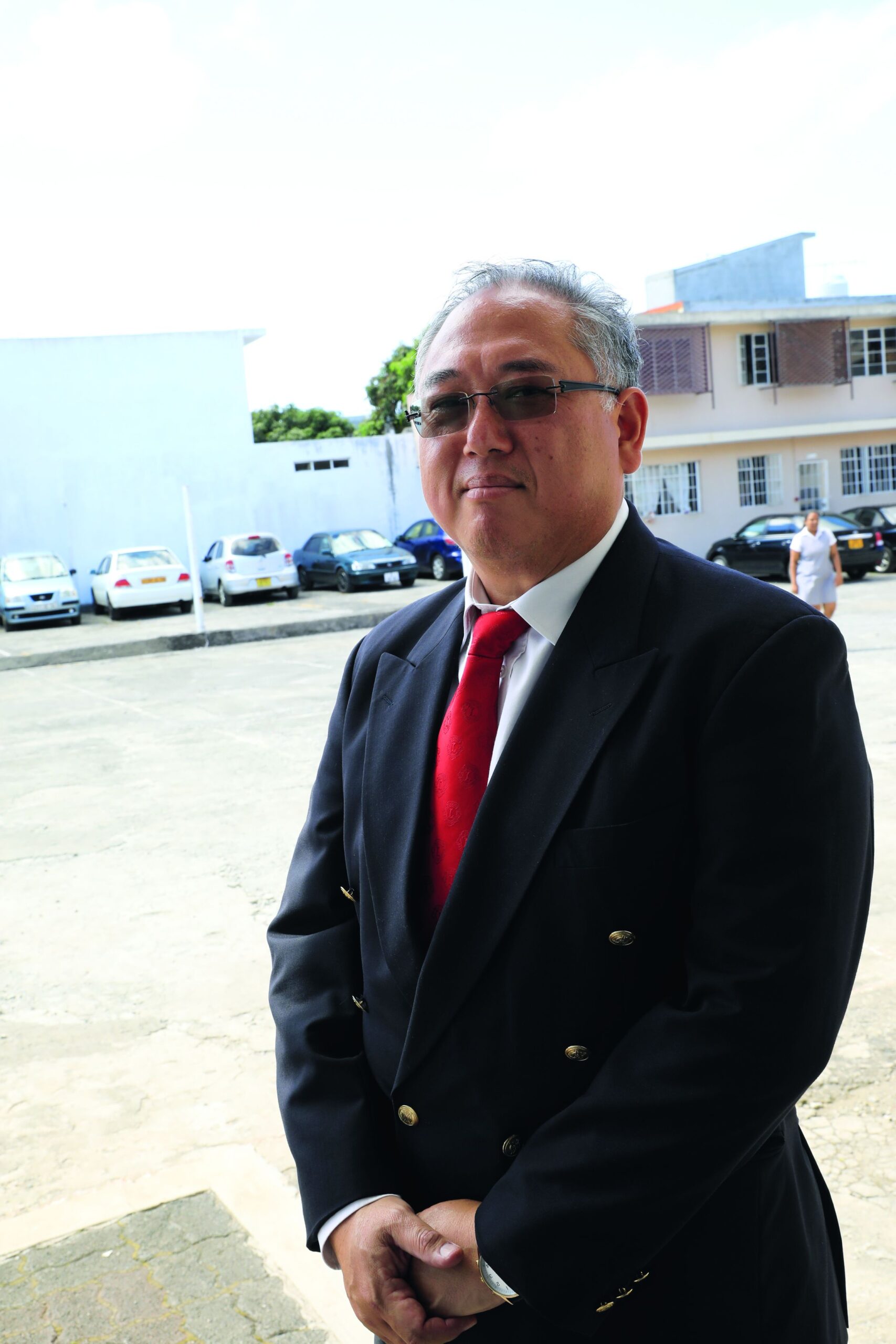
Marilyn Monroe, propriétaire de La Roche Cari, Bel Ombre
“I started by opening a local Sino-Mauritian food stand in Bel Ombre in 2005. A few years later, I got an opportunity to cook for Air France crew who were staying at the Mövenpick hotel. This opportunity enabled me to save money and to open up my restaurant. I sometimes cook for Heritage Villas Valriche. But in the village, we lack touristic activities to attract people and the clients of the 5-star hotels do not leave the hotel a lot, which does not help in boosting the local economy.”
